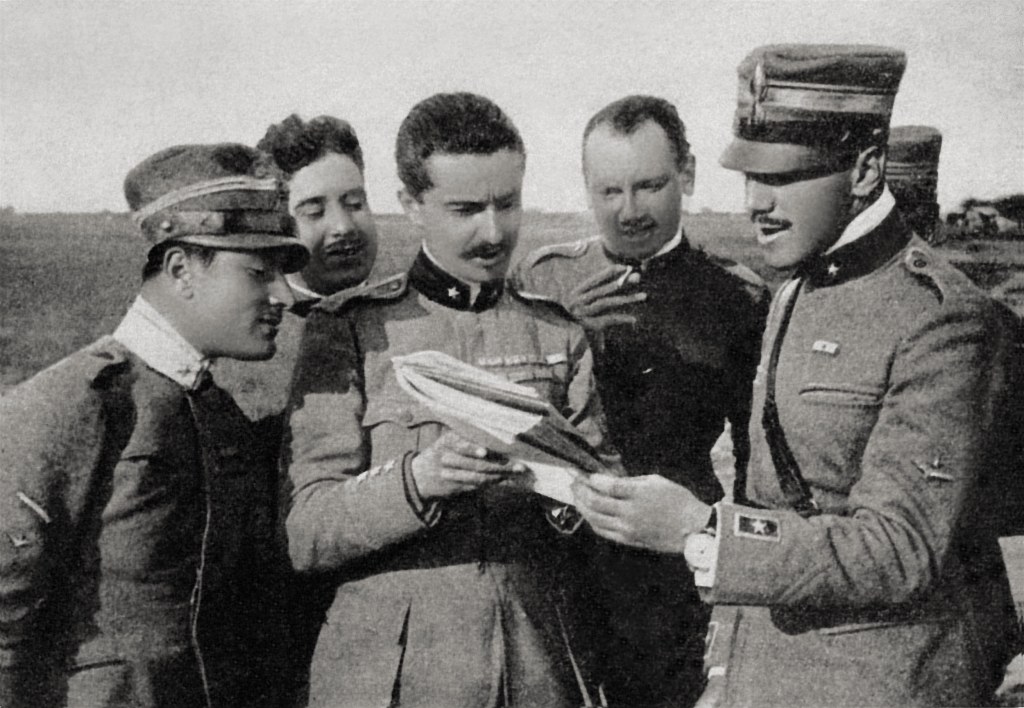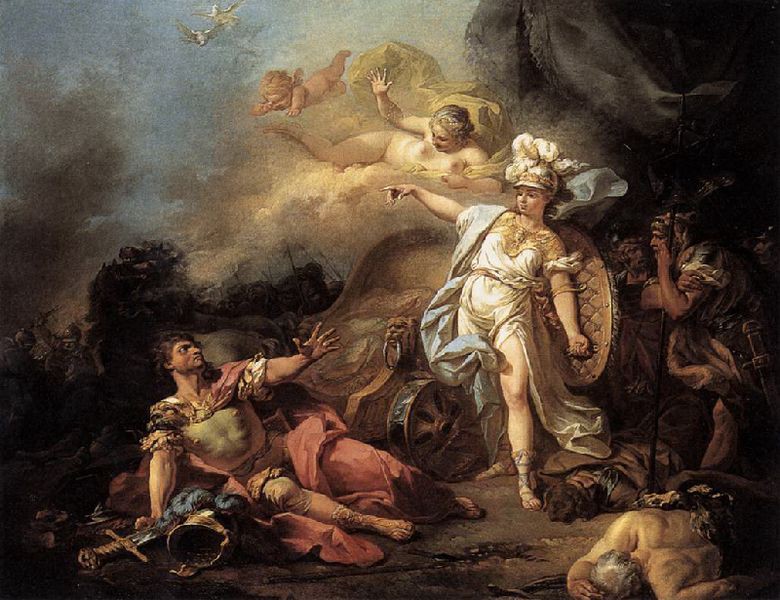Life and main works
William Wordsworth was born in 1770 in the Lake District. In 1791 he graduated from St. John’s College, Cambridge, and participated on a walking tour of Italy and France, where he spent the rest of the year. It was during this period that Wordsworth, enthusiastic about new ideas of democracy, became a supporter of the French revolution. In 1795, in London, he met the philosopher Godwin and the poet Samuel Taylor Coleridge, thus beginning of a great friendship of literary history. The two poets had similar ideas on both love and poetry. By this time Wordsworth had become intensely disillusioned with the Revolution whose initial ideals had degenerated into the so-called “Terror” ( the years of Robespierre’s dictatorship when traitors to the new French Republic were executed by guillotine). He later compared it in The Prelude to a “monstrous child” who refused to grow up. Politically, he turned very conservative. In 1798 Wordsworth and Coleridge published anonymously the Lyrical Ballads; the second edition of this work (1800) included Wordsworth’s famous prose Preface.
The Prelude, a long narrative poem in which Wordsworth reflected on his youth and his early enthusiasm for the Revolution, was published in 1805. Wordsworth was made Poet Laureate ( the title given to British poets in recognition of their achievements) in 1843 and died in 1850.
Poetry
Poetry, according to Wordsworth, must be concerned to the ordinary, everyday world and the influence of memory on the present.
The poet has a great sensibility than ordinary men and thanks to his power of imagination can communicate his feelings and help people to get in touch with their interior world.
The language used by the poet must reflect his simplicity, it has to be similar to the simple “language of men”.
Leggi anche:
Traduzione
Vita e opere principali
William Wordsworth nacque nel 1770 nel Lake District. Nel 1791 si laureò al college St. John di Cambridge e partecipò ad un tour a piedi per l’Italia e la Francia, dove trascorse il resto dell’anno. Fu durante questo periodo che Wordsworth, entusiasta delle nuove idee di democrazia, divenne sostenitore della Rivoluzione Francese. Nel 1795, a Londra, incontrò il filosofo Godwin e d il poeta
Samuel Taylor Coleridge, e ciò fu l’inizio d’una grande amicizia nella storia letteraria. I due poeti avevano idee simili sia riguardo l’amore che la poesia. A quel tempo Wordsworth era diventato intensamente disilluso riguardo la Rivoluzione, le cui idee iniziali erano degenerate nel cosiddetto “ Terrore” (gli anni della dittatura di Robespierre quando i traditori della Repubblica Francese venivano giustiziati per mezzo della ghigliottina). Egli in seguito lo comparò ad un “mostruoso bambino” che si rifiuta di crescere. Politicamente, divenne profondamente conservatore. Nel 1798 Wordsworth e Coleridge pubblicarono in forma anonima le Lyrical Ballads; la seconda edizione di quest’opera (1800) includeva il famoso pezzo di prosa di Wordsworth Preface. The Prelude, un lungo poema narrative in cui Wordsworth riflette sulla propria gioventù e sul suo primo entusiasmo per la Rivoluzione, e fu pubblicato nl 1805. Wordsworth fu reso
Poeta Laureato (titolo assegnato ai poeti britannici come riconoscimento dei propri successi) nel 1843, e morì nel 1850.
Poetica
La poesia, secondo Wordsworth, doveva riguardare l’ordinario, il mondo quotidiano e l’influenza del ricordo sul presente. Il poeta ha una grande sensibilità rispetto agli uomini comuni e grazie al suo potere d’immaginazione può comunicare i suoi sentimenti ed aiutare la gente ad entrare in contatto col proprio mondo interiore.
Il linguaggio usato dal poeta deve riflettere la sua semplicità, dev’essere simile al “linguaggio degli uomini”.







